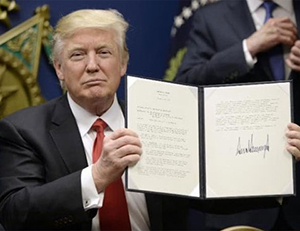May 15: Global deaths linked to the novel coronavirus passed 300,000 on Thursday, while reported cases of the virus are approaching 4.5 million, according to a news agency tally.
About half of the fatalities have been reported by the United States, the United Kingdom and Italy.
The first death linked to the disease was reported on January 10 in Wuhan, China. It took 91 days for the death toll to pass 100,000 and a further 16 days to reach 200,000, according to the Reuters tally of official reports from governments. It took 19 days to go from 200,000 to 300,000 deaths.
By comparison, an estimated 400,000 people die annually from malaria, one of the world’s most deadly infectious diseases.
The United States had reported more than 85,000 deaths from the new coronavirus, while the United Kingdom and Italy have reported over 30,000 fatalities each.
While the current trajectory of COVID-19 falls far short of the 1918 Spanish flu, which infected an estimated 500 million people, killing at least 10% of patients, public health experts worry the available data is underplaying the true impact of the pandemic.






Comments
Add new comment